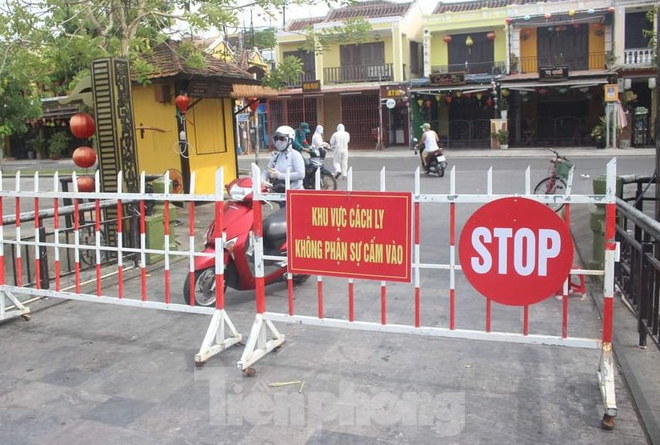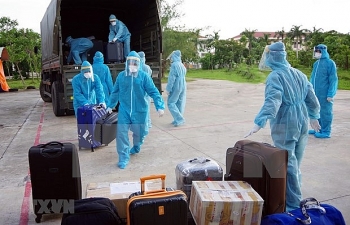Blood thinners reduce deaths and ventilator requirement among COVID-19 patients
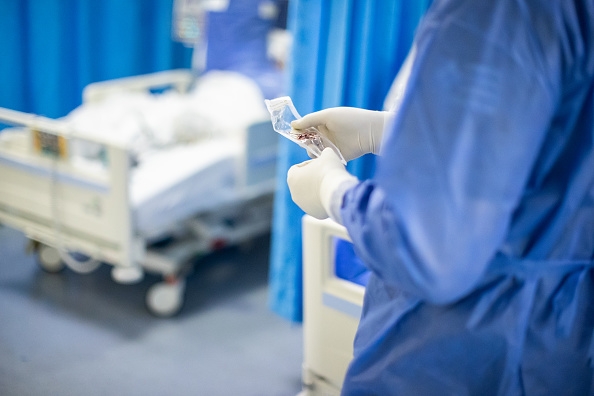 |
| American researchers found blood thinners could reduce the risk of death by up to 50 percent among seriously ill and hospitalized patients (Photo: Breaking News Today) |
This is the findings of the research team from the Mount Sinai Health System, published in the Journal of the American College of Cardiology.
The team had earlier published their study results involving 2,000 patients in May. Wednesday's report follows up with more patients who were treated more consistently.
According to CNN, the reasearchers had studied more than 4,300 patients, and it revealed those who died often had evidence of blood clots throughout their bodies even though many of them had no symptoms of the problem.
“Compared to no anticoagulation, both prophylactic and therapeutic anticoagulation was associated with decreased mortality and intubation,” the team wrote.
The team said that 60 percent of patients who were not given anticoagulants were discharged alive, 26 percent died in the hospital and 13 percent were still in the hospitals. Researchers said patients who received a drug to prevent clots, 75 percent were released alive, 22 percent died in the hospital and 3 percent were still hospitalized.
Dr. Valentin Fuster, the study leader said 60% of patients who were not given anticoagulants were discharged alive, 26% of them died in the hospital and 13% were still in the hospital.
When patients got the drug prophylactically to prevent blood clots, 75% were released alive, 22% died in the hospital and 3% were still hospitalized during the study period. The researchers said the reduction in the risk of death was similar in patients who got anticoagulants either to prevent clots, or after they began showing evidence of clotting, CNN reported.
Doctors have also learned that steroids, specifically dexamethasone, can also help patients recover better from coronavirus infections. Trials are under way to test blood-based therapies that deliver various types of antibodies to help patients fight off the infection, using plasma donated by people who have recovered from infections.
In the absence of a slam-dunk treatment for the virus, many medical teams are taking a cocktail approach, giving their patients a combination of drugs to control the immune response, control the virus and to control blood clotting.
In the study, autopsies on some of the patients who died showed that 42 percent had blood clots. “They never had the clinical syndrome of a thrombotic disorder. It was silently causing damage,” Fuster was quoted by CNN as saying.
The doctors used several different anticoagulants and often more than one on each patient, so it is not possible to say which ones worked best. But Fuster said low molecular weight heparin and apixaban both showed positive effects.
The study details
The research team aimed to examine the link between anticoagulation with in-hospital outcomes and describe thromboembolic findings on patients' autopsies, according to News-Medical.
To arrive at the study findings, the team conducted a retrospective analysis to examine the link of anticoagulation with death, intubation, and significant bleeding. They analyzed the association of therapeutic versus prophylactic anticoagulation initiated within 48 hours from admission.
The team included all patients who were treated for less than 48 hours after admission with an anticoagulant. However, patients who stopped the drug due to significant bleeding were not included.
In the study, published in the Journal of the American College of Cardiology, among 4,389 patients, those with anticoagulation had lower in-hospital death and intubation. When the drug was given within 48 hours upon admission, there was no significant difference between therapeutic and prophylactic dose.
Further, in-hospital mortality risk was 50 percent lower with standard prophylactic dosing, and 47 percent lower with higher therapeutic-level dosing. Intubation was also less likely for COVID-19 patients treated with anticoagulants.
"Association of in-hospital anticoagulation (AC) was associated with lower mortality and intubation among hospitalized COVID-19 patients. Compared to prophylactic AC, therapeutic AC was associated with lower mortality, though not statistically significant. Autopsies revealed frequent thromboembolic disease. These data may inform trials to determine optimal AC regimens," the team concluded.
In a nutshell, 467 or 10.6 percent of the patients required intubation and mechanical ventilation during their hospital stay. Those on therapeutic blood thinners had 31 percent fewer intubations than those not taking blood thinners, while those on the prophylactic dose had 28 percent fewer intubations.
When the researchers examined the autopsies of some of the patients who died, about 42 percent had blood clots in their organs, such as the brain, lungs, liver, and heart.
"This work from the Mount Sinai COVID Informatics Center provides additional insight into the role of anticoagulation in the management of patients admitted to the hospital with COVID-19. Although this is an observational study, it helped in the design of a large-scale international clinical trial that we are coordinating. The randomized trial focuses on those three antithrombotic regimens -- therapeutic and prophylactic subcutaneous low-molecular-weight heparin, and therapeutic oral apixaban," Dr. Valentin Fuster, Director of Mount Sinai Heart and Physician-in-Chief of The Mount Sinai Hospital, said.
Though the study was not randomized controlled research, the researchers said that an international randomized trial just started with 15 institutions. They are comparing three types of anticoagulants that work.
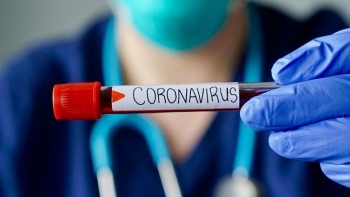 | China authorises emergency usage of select domestic Covid-19 vaccines An emergency use authorization of COVID-19 vaccine, which based on Chinese vaccine management law, allows select unapproved vaccine candidates from domestic companies to be used ... |
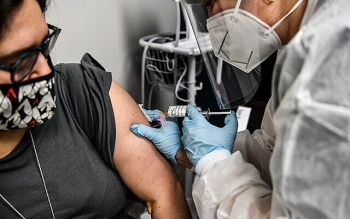 | WHO urges all nations to join global shared vaccine bid The WHO’s director-general Tedros Adhanom Ghebreyesus said that without vaccinating the planet’s highest-risk populations simultaneously, it would be impossible to rebuild the global economy. |
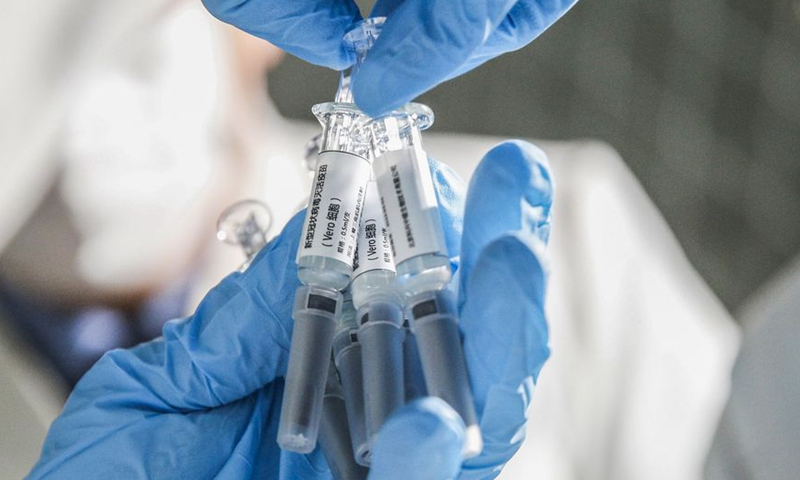 | Chinese Covid-19 vaccine’s price ten times higher than Russian’s According to the head of a major state-owned Chinese pharmaceutical company Sinopharm, its coronavirus vaccine may cost some hundred yuan per shot and around 1,000 ... |
Recommended
 World
World
India reports 9 Pakistani Aircraft Destroyed In Operation Sindoor Strikes
 World
World
Thailand Positions Itself As a Global Wellness Destination
 World
World
Indonesia Accelerates Procedures to Join OECD
 World
World
South Korea elects Lee Jae-myung president
 World
World
22nd Shangri-La Dialogue: Japan, Philippines boost defence cooperation
 World
World
Pakistan NCRC report explores emerging child rights issues
 World
World
"India has right to defend herself against terror," says German Foreign Minister, endorses Op Sindoor
 World
World

